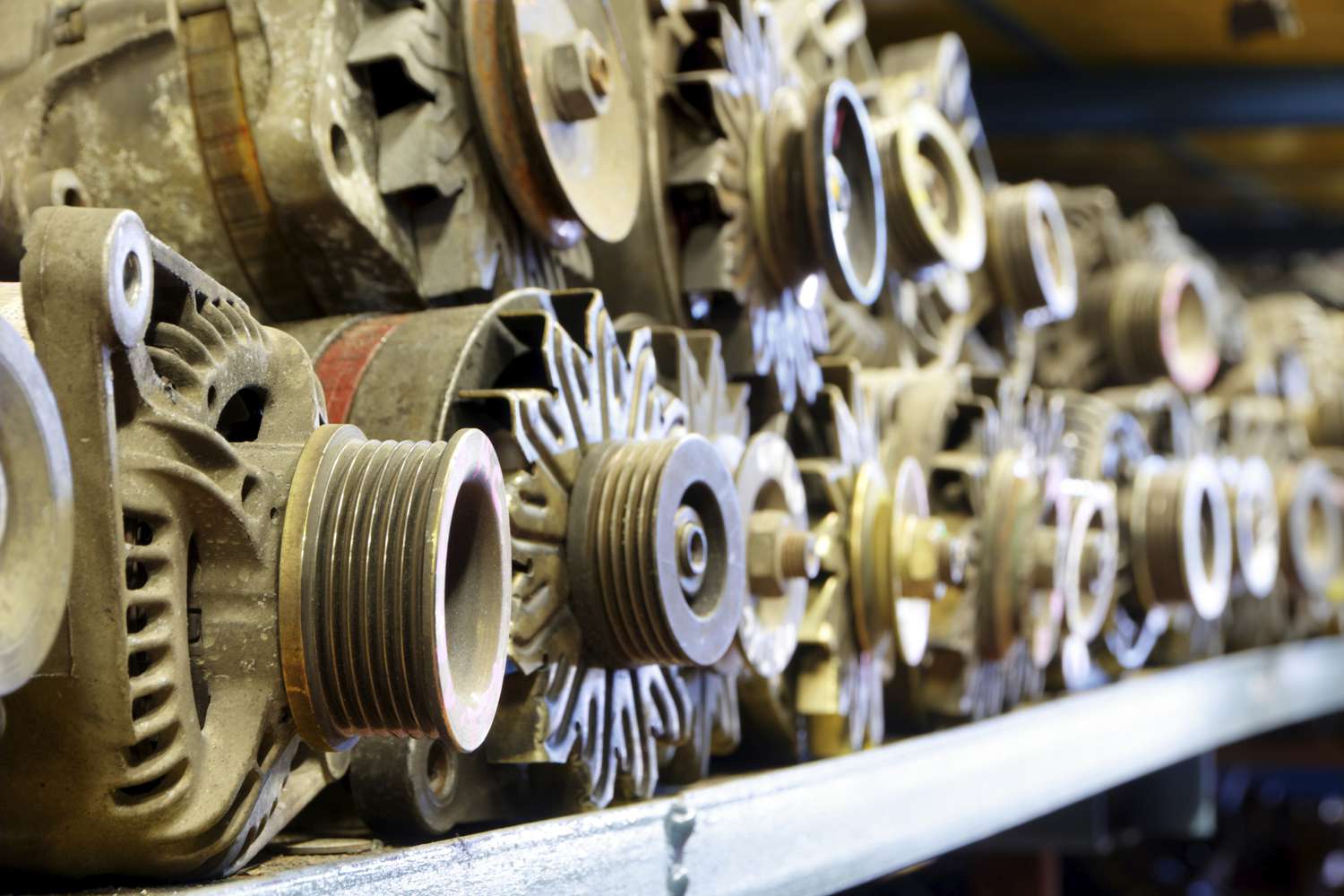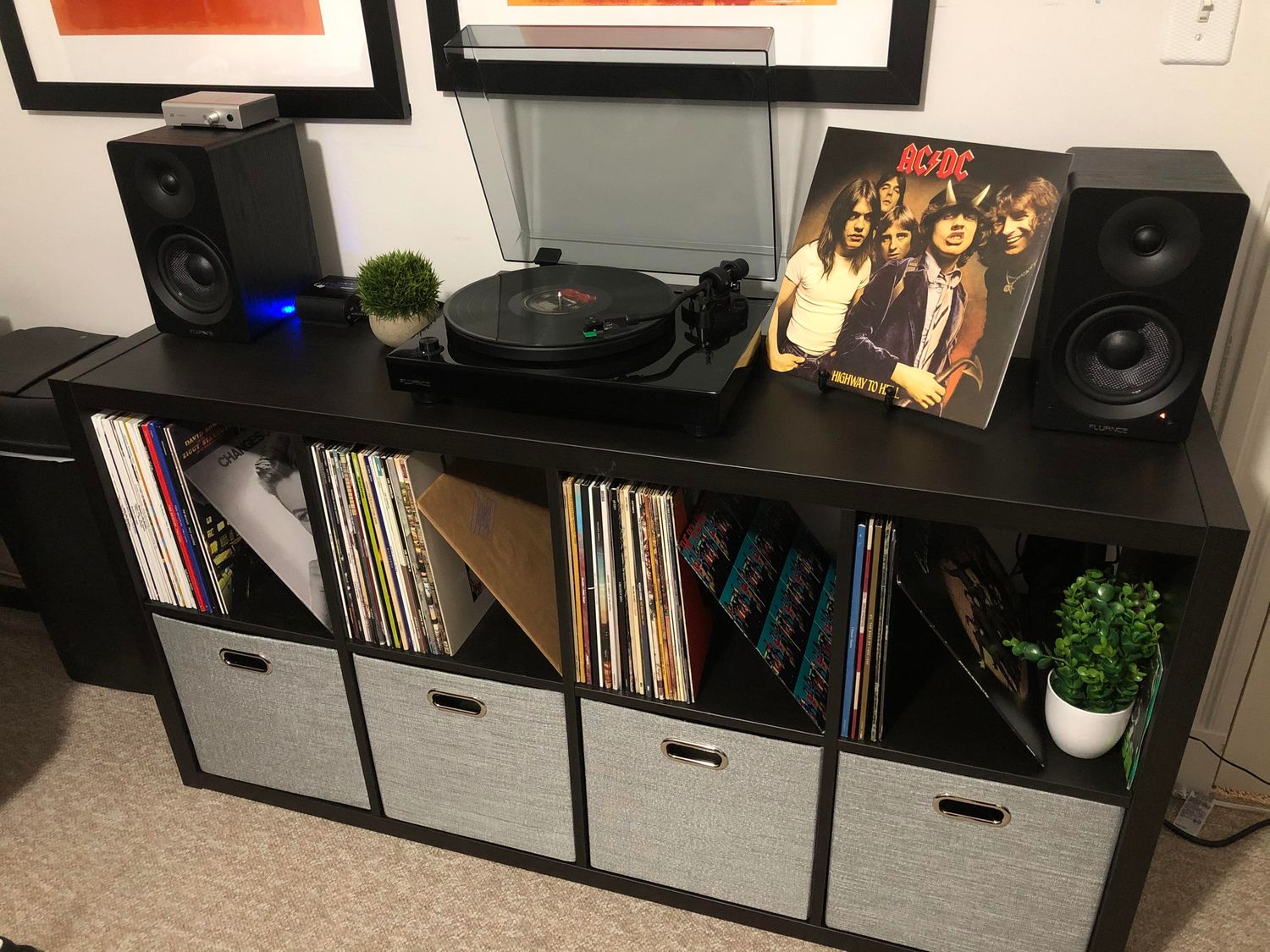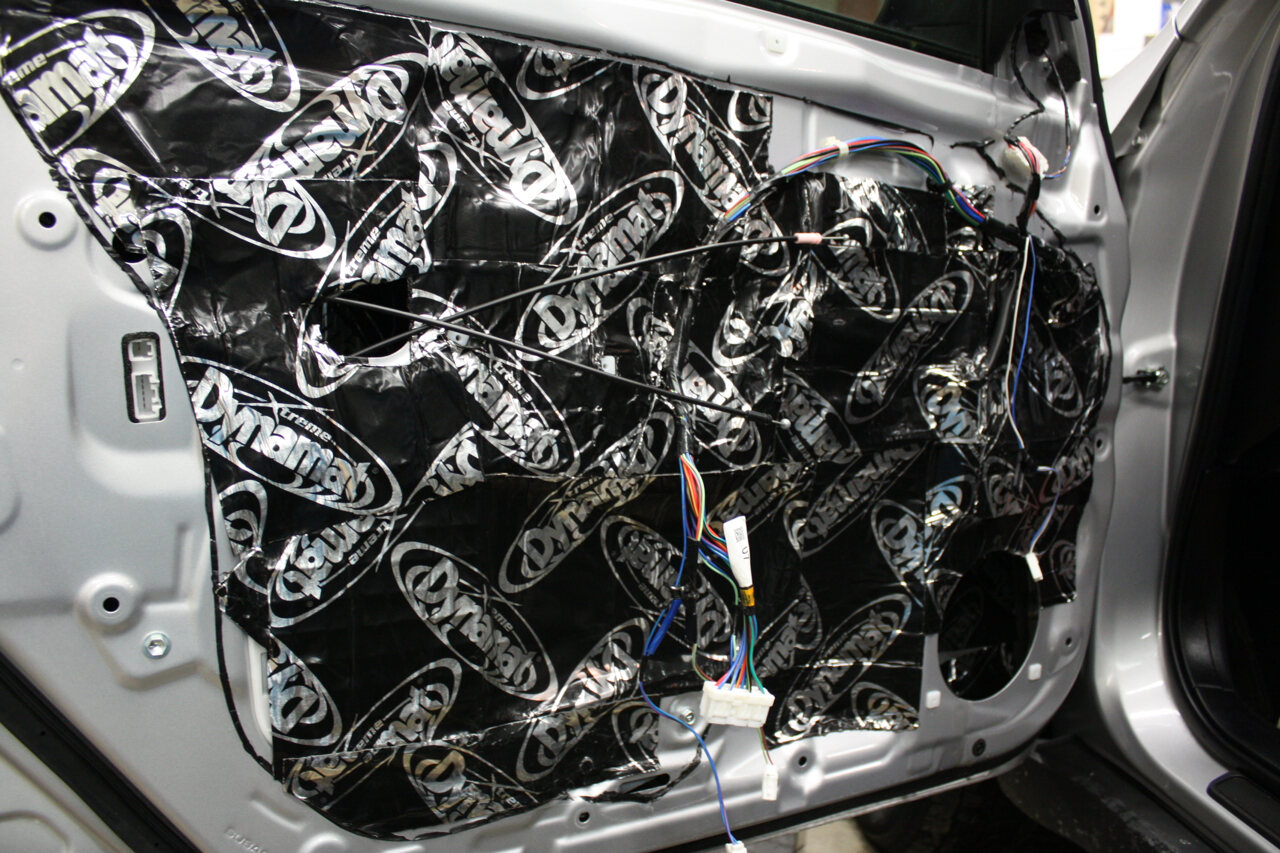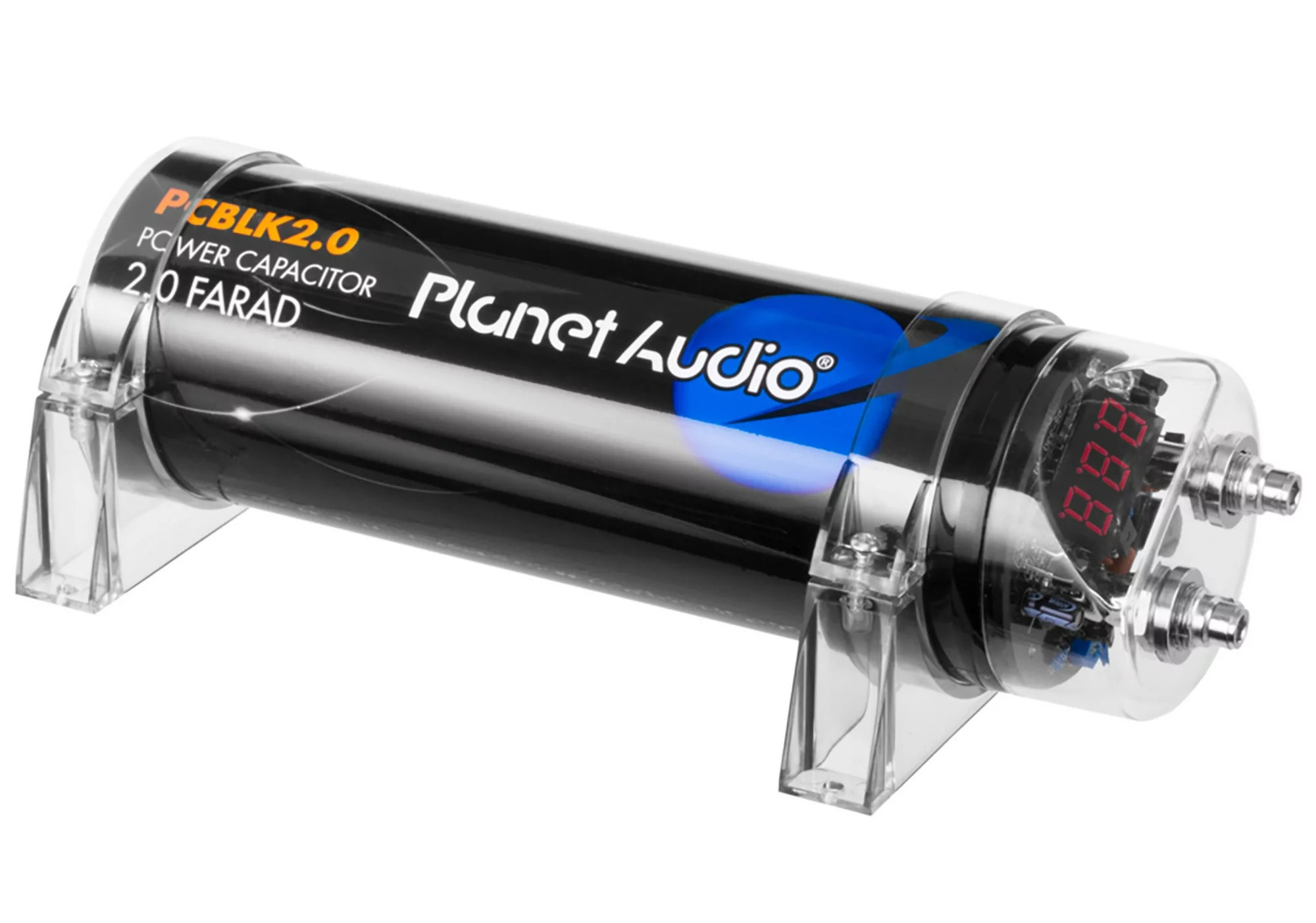Home>Devices & Equipment>Car Audio>What Amp Alternator Do I Need For Car Audio


Car Audio
What Amp Alternator Do I Need For Car Audio
Modified: February 18, 2024
Find out the right amp alternator for your car audio setup. Get expert advice on choosing the best alt a for your car audio system.
(Many of the links in this article redirect to a specific reviewed product. Your purchase of these products through affiliate links helps to generate commission for AudioLover.com, at no extra cost. Learn more)
Table of Contents
Introduction:
Welcome to the world of car audio! Whether you’re a music enthusiast or just looking to upgrade your vehicle’s audio system, understanding the importance of power in car audio is essential. One crucial component that plays a significant role in delivering sufficient power to your car audio system is the alternator. In this article, we will delve into the world of car audio and explore the importance of choosing the right amp alternator for your audio needs.
Car audio is all about creating an immersive audio experience while you’re on the road. From crisp highs to booming lows, the quality of your car audio system can greatly enhance the enjoyment of your drive. However, to achieve that high-quality sound, you need to ensure that your audio system receives an adequate and stable power supply. This is where the alternator comes into play.
The alternator in your vehicle is responsible for generating electrical power when the engine is running. It not only provides power to run your car’s electrical systems but also powers your car’s audio system. A stock alternator may be sufficient for basic audio setups, but if you plan to install high-powered amplifiers and speakers, you will need to consider upgrading to a higher amp alternator.
Choosing the right amp alternator for your car audio system is vital to prevent power shortages and ensure optimal performance. A higher amp alternator can provide a consistent power flow, preventing voltage drops that can lead to distorted audio and potential damage to your equipment.
In this article, we will discuss the various factors to consider when selecting an alternator for your car audio needs, as well as guidelines for determining the appropriate amp rating for your system. So, buckle up and let’s dive into the world of car audio power requirements!
Understanding Car Audio Power Requirements:
Before we delve into the specifics of choosing the right amp alternator for your car audio system, it’s important to understand the power requirements of your setup. The power needs of a car audio system depend on various factors, including the number and type of speakers, amplifiers, and other components you plan to install.
When it comes to car audio, power is measured in watts. The wattage determines the overall loudness and clarity of your sound. Generally, the more power you have, the louder and more dynamic your audio system can be.
Here are some key components of a car audio system and their power requirements:
- Head Unit: The head unit, also known as the car stereo, typically requires around 10-50 watts of power. It is responsible for providing the audio signal to the amplifier.
- Amplifiers: Amplifiers are used to boost the audio signal and provide power to the speakers. The power requirements of amplifiers can vary significantly depending on their class (Class A, Class AB, Class D, etc.) and the number of channels. A small 2-channel amplifier may require around 50-100 watts, while a high-powered monoblock amplifier can draw several hundred watts.
- Speakers: Speakers come in different sizes and power ratings. The power requirement of speakers is typically measured in terms of RMS (Root Mean Square) power handling. It is essential to match the power output of your amplifier to the power handling capabilities of your speakers. For example, if your speakers are rated to handle 100 watts RMS, you should make sure that your amplifier can deliver 100 watts RMS or less to avoid damaging the speakers.
- Subwoofers: Subwoofers are dedicated speakers that reproduce low-frequency bass sounds. They require more power compared to regular speakers due to the nature of the low-frequency sound waves. Subwoofers can range from requiring around 100 watts to several thousand watts of power, depending on their size and intended use.
It’s important to note that these power requirements are approximate guidelines and may vary depending on the specific audio equipment and brand you choose. Always refer to the manufacturer’s specifications for accurate power requirements.
Once you have a clear understanding of the power requirements of your car audio system, you can proceed to select an alternator that can meet those demands. In the next section, we will explore the significance of the alternator in the car audio system and why upgrading to a higher amp alternator may be necessary.
Importance of the Alternator in the Car Audio System:
The alternator is an integral component of your vehicle’s electrical system, and its importance in a car audio setup cannot be overstated. The primary function of the alternator is to generate electrical power while the engine is running and charge the car’s battery. However, it also plays a crucial role in supplying power to your car audio system.
When it comes to car audio, a consistent and stable power supply is essential for optimal performance. Here’s why the alternator is so important in ensuring a reliable power source for your car audio system:
- Powering the Amplifiers: Amplifiers are power-hungry devices that require a constant supply of electricity to deliver the desired audio output. The alternator provides the necessary power to run the amplifiers and prevent voltage drops, ensuring clean and distortion-free sound reproduction.
- Preventing Voltage Drops: When you have several high-powered amplifiers and speakers connected to your car audio system, it places a significant load on the electrical system. Inadequate power supply, such as voltage drops, can result in audio distortion, reduced sound quality, and even potential damage to the equipment. A robust alternator can supply enough power to meet the demand, eliminating voltage drops and maintaining a stable electrical environment for your audio system.
- Charging the Battery: Car audio systems can consume a considerable amount of power, especially when playing at high volumes or for extended periods. If the alternator is unable to supply enough power to meet the demand, the battery may start to drain. This can lead to starting issues, reduced battery life, and ultimately, a dead battery. A high-amp alternator ensures that the battery remains charged even during heavy audio system usage, preventing any potential power-related issues.
- Supporting Future Upgrades: If you have plans to expand or upgrade your car audio system in the future, it’s crucial to have an alternator that can accommodate the increased power requirements. Upgrading to a higher amp alternator not only provides sufficient power for your current setup but also offers headroom for future enhancements without the need for further electrical system modifications.
It’s important to consult with a professional car audio installer or an alternator specialist to determine the specific amp rating you need based on your audio system’s power requirements. Additionally, consider the electrical capacity of your vehicle and whether any modifications may be necessary to support a higher amp alternator.
Now that we understand the importance of the alternator in a car audio system, let’s move on to the next section, where we will discuss the factors to consider when choosing an alternator for car audio.
Factors to Consider When Choosing an Alternator for Car Audio:
Choosing the right alternator for your car audio system is crucial to ensure optimal performance and prevent power-related issues. Here are some essential factors to consider when selecting an alternator for your car audio needs:
- Amp Rating: The amp rating of an alternator determines its power output. It is crucial to match the amp rating of the alternator with the power requirements of your car audio system. Consider the power needs of your amplifiers, speakers, and other components to determine the appropriate amp rating. Ideally, the alternator should have enough capacity to provide sufficient power without overloading the electrical system.
- Compatibility: Ensure that the alternator is compatible with your vehicle’s make, model, and year. Different vehicles may have varying electrical system specifications, and not all alternators are universally compatible. Consult with a professional installer or refer to the manufacturer’s guidelines to determine the compatible alternators for your specific vehicle.
- Belt Type: The type of belt used by the alternator can have an impact on its performance and durability. Serpentine belts are commonly used in modern vehicles and offer better efficiency and longevity compared to V-belts. Consider the type of belt system in your vehicle and ensure the alternator you choose is compatible with it.
- Quality and Reliability: Look for alternators from reputable manufacturers known for their quality and reliability. A well-built alternator will not only provide consistent power but also be more durable and less prone to failure. Reading customer reviews and seeking recommendations can help you determine the reliability of different alternator brands.
- Warranty: Check the warranty offered by the alternator manufacturer. A longer warranty period indicates the confidence of the manufacturer in the quality and performance of their product. A good warranty provides peace of mind and financial protection in case of any unforeseen issues.
- Professional Installation: It is highly recommended to have your alternator installed by a professional car audio installer or an alternator specialist. They have the expertise and experience to properly install and configure the alternator, ensuring optimal performance and compatibility with your car audio system.
Considering these factors will help you make an informed decision when choosing an alternator for your car audio system. It’s important to assess your specific power requirements and consult with professionals to ensure the best possible match for your needs.
Now that we have discussed the factors to consider when selecting an alternator, let’s move on to the next section, where we will explore how to determine the amp alternator needed for your car audio system.
Determining the Amp Alternator Needed for Car Audio:
When it comes to determining the amp alternator needed for your car audio system, there are several factors to consider. It’s crucial to accurately assess your power requirements and ensure that the alternator can meet the demands of your audio setup. Here’s a step-by-step process to help you determine the appropriate amp alternator for your car audio needs:
1. Evaluate Your Power Requirements: Take stock of the amplifiers, speakers, and other components in your car audio system. Make a list of their power ratings, including RMS power handling for speakers and power output for amplifiers. Add up the wattage of all the components to get an estimate of the total power requirement for your system.
2. Consider Future Upgrades: If you have plans to upgrade or expand your car audio system in the future, factor in the additional power requirements when determining the amp alternator needed. It’s always better to have some headroom to accommodate future enhancements without the need for further alternator upgrades.
3. Account for Efficiency: Alternators are not 100% efficient, meaning some of the power generated is lost as heat. As a general rule of thumb, consider adding an additional 20-30% to the total power requirement to account for efficiency losses.
4. Calculate the Amp Rating: Once you have the total estimated power requirement, divide it by the average voltage of your electrical system (typically around 14.4 volts for a car). This will give you the approximate amp rating needed for your alternator.
5. Check Alternator Options: Research alternator options that match or exceed the calculated amp rating. Consider reputable brands known for their quality and performance. Ensure that the alternators you are considering are compatible with your vehicle’s make, model, and year.
6. Consult with Professionals: It is highly recommended to consult with a professional car audio installer or an alternator specialist to validate your calculations and recommendations. They have the expertise to assess your specific setup and guide you towards the most suitable alternator for your car audio needs.
Keep in mind that these steps provide a general guideline for determining the amp alternator needed for your car audio system. The power requirements can vary based on multiple factors, including the type and efficiency of your equipment. It’s always best to refer to the manufacturer’s specifications and seek professional advice to ensure an accurate assessment.
By taking the time to properly determine the amp alternator needed for your car audio system, you can ensure that your audio setup receives sufficient power to perform optimally without risking damage to your components or electrical system.
In the final section, we will conclude our discussion and summarize the key points covered thus far.
Conclusion:
Choosing the right amp alternator is crucial for a high-quality and reliable car audio system. By understanding your power requirements and considering various factors like amp rating, compatibility, and quality, you can make an informed decision that will enhance your audio experience.
Remember, understanding the power needs of your car audio system is essential. From the head unit and amplifiers to the speakers and subwoofers, each component has specific power requirements that should be considered when selecting an alternator.
The alternator plays a vital role in providing a stable and consistent power supply for your car audio system, preventing issues like voltage drops and battery drain. Investing in a higher amp alternator ensures that your system receives sufficient power, especially if you plan on upgrading or expanding in the future.
When determining the amp alternator needed, evaluate your power requirements, consider future upgrades, and account for efficiency. Calculating the amp rating and researching compatible alternator options will aid in finding the right match for your car audio system.
Lastly, it is advisable to consult with professionals to validate your calculations and recommendations. They can provide expert guidance and ensure that your alternator selection aligns perfectly with your audio needs.
With the right amp alternator in place, you can enjoy a powerful, distortion-free, and immersive audio experience that enhances every drive. So, take the time to assess your power requirements and select an alternator that will help unleash the full potential of your car audio system.
We hope this article has provided you with valuable insights into the importance of the alternator in a car audio system and the factors to consider when choosing an alternator. Now, go out there, select the perfect amp alternator, and enjoy the sweet sounds of your upgraded car audio system!











